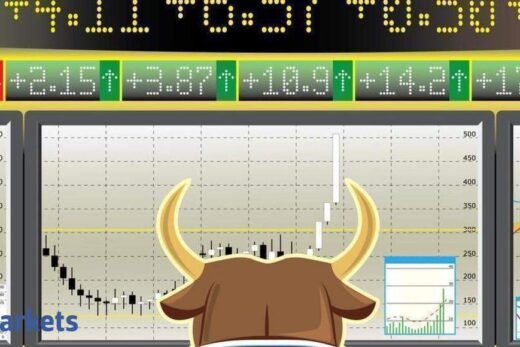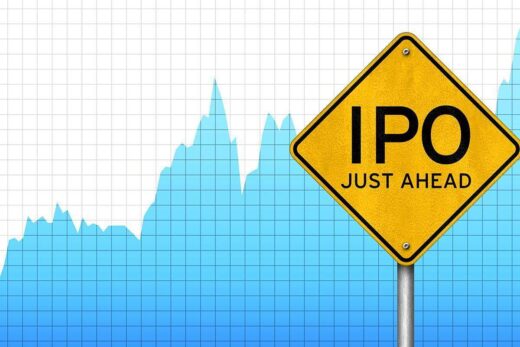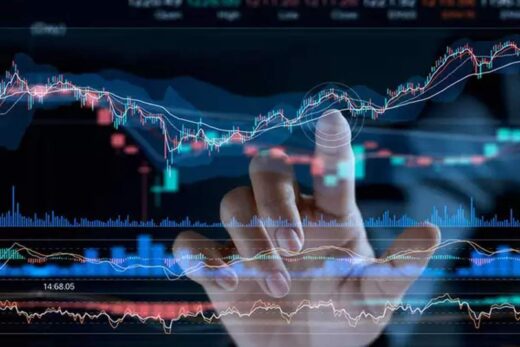HOW IS HEDGING DIFFERENT FROM SPECULATING?
Hedging is the act of managing price risk where the objective is to protect oneself against a loss. Speculation is basing a buying or selling decision more on hope rather than on time-tested reasoning for making gains.
ARE SPECULATORS IMPORTANT?
Yes, they are as they take on the risk that hedgers seek to insulate themselves against. Without speculators, a market would lack depth or liquidity. However, excessive speculation could upset the market integrity and distort prices. Regulators like Sebi prevent this by raising margins to trade or by making contracts compulsorily deliverable
HOW DO THEY PARTICIPATE IN THE MARKET?
Assume a gold futures contract (1 kg) expiring on April 5 on a stock exchange is trading at Rs 44,750 per 10 gm on March 22. A bullion dealer on that day undertakes to provide a jeweller with a kilo bar of gold on April 5 at Rs 44,750 per unit, excluding his commission on the sale. He, therefore, locks in the gold price on the exchange by buying an April 5 expiry contract at Rs 44,750. Simultaneously, a speculator feels that gold would decline because of a stronger US dollar. He decides to short-sell a gold futures contract on the exchange at Rs 44,750. He is merely speculating on a dollar rise impacting gold price. On March 31, the gold futures contract hits say Rs 44,850. The buyer squares off his position, by reversing it, making a profit of Rs 100 per 10 gm or Rs 10,000 at the contract level. He receives the same from the speculator who squares off at a loss. The dealer uses the money to buy gold on the spot market at Rs 44,850, as near expiry the futures and spot rates tend to converge. He provides the gold to the jeweller at the contracted Rs 44,750 on April 10. His loss on the spot transaction is offset by the gain on the futures market. Now, if gold falls to Rs 44,650 on March 31, the dealer would reverse his trade at a loss of Rs 100 per 10 gm, which would be credited to the speculator’s account. He would then buy gold on spot at Rs 44,650, but sell it to the jeweller at Rs 44,750. His loss on the futures market would be offset by the gain on the spot transaction. In this example, the hedger’s risk was transferred to the speculator



